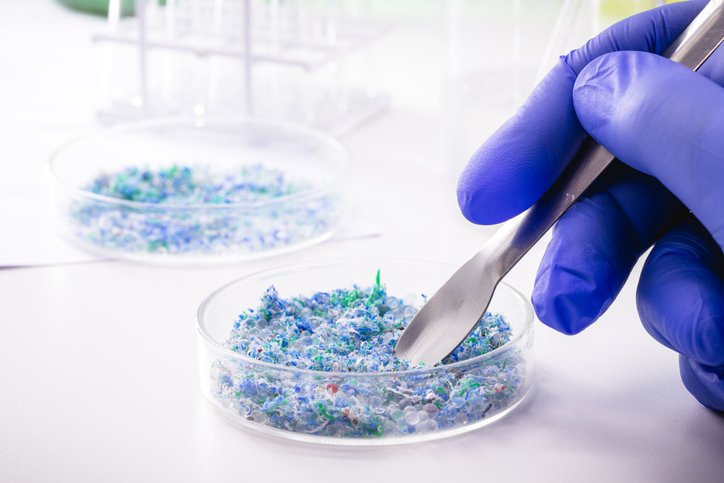microONE
Microplastic Particles: A Hazard for Human Health?
microONE is a research project led by CBmed with a specific focus on the health effects of micro- and nanoplastic particles on human health, which is currently funded as a COMET module by the Austrian Research Promotion Agency (FFG).
microONE is a reference project within the “Action Plan Microplastics 2022-2025” of the Federal Ministry for Climate Protection, Environment, Energy, Mobility, Innovation and Technology in Austria.

microONE
Microplastic Particles: A Hazard for Human Health?
microONE is a research project led by CBmed with a specific focus on the health effects of micro- and nanoplastic particles on human health, which is currently funded as a COMET module by the Austrian Research Promotion Agency (FFG).
microONE is a reference project within the “Action Plan Microplastics 2022-2025” of the Federal Ministry for Climate Protection, Environment, Energy, Mobility, Innovation and Technology in Austria.

Micro- and nanoplastic particles (MNPs)
In recent years, microplastic particles (MNPs) have been detected globally in various organisms and human tissues, such as stool, placenta, kidney, and lungs. With an average weekly intake of up to 5 grams, the potential health impacts of MNP exposure remain largely unexplored, especially regarding tumor development and spread.
microONE addresses this critical knowledge gap through a comprehensive multinational and multidisciplinary approach. The project focuses on providing scientific evidence on how different MNPs may influence the growth and dissemination of tumors, using colorectal cancer (CRC) as a primary example due to its frequent exposure to MNPs in the gut.

Interactions between MNPs and primary tumor cells
The project explores interactions between micro-nanoplastic particles (MNPs) and primary tumor cells from colorectal cancer (CRC) patients, developing a medium-to-high-throughput method for MNP detection and characterization. Using supercomputing, it simulates MNP interactions with molecular targets and drugs. The study examines MNP effects on the microbiome and the potential corrective role of probiotics. Experiments using labeled MNP in tumor models investigate how MNP influences cell growth, tumor formation, and metastasis. MNP levels in CRC patient tissue are also assessed. The findings could have significant public health implications, identifying potential steps to mitigate disease risks associated with plastic particles. Despite uncertainties in this pioneering research, the outcomes could profoundly impact societal views on plastics.

Several aspects of the project are scientifically and technologically unexplored, which introduces some uncertainty regarding successful implementation. However, the scientific findings from microONE are expected to significantly influence society’s approach to plastics.
Project 5.1 Preparation – Detection – Analysis
Project 5.2 Labelling – Evaluation – Model Systems
Project 5.3 Interactions – Human Health Effects – Treatment
Project 5.4 Microplastics and the Microbiome
Join us in pioneering microplastic research for a healthier future. Explore our work and help drive solutions today!
This project is funded within the COMET Module programme


